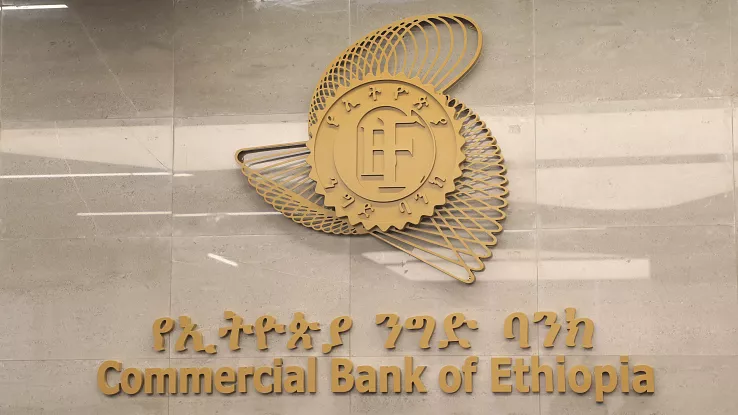Ethiopia’s State Finance Minister, Eyob Tekalign, said on Friday it expects creditors will agree to restructure $4.9 billion of debt when it completes its current restructuring exercise.
The announcement comes as the country puts its long-delayed debt overhaul back on track after securing a new International Monetary Fund financing programme.
Agreed at the end of last month, the deal with the IMF will see Ethiopia receive financing of $3.4 billion for the four-year programme.
It was announced hours after the country agreed to one of the fund’s key recommendations and floated its currency, the birr.
Ethiopia, which is East Africa’s biggest economy, has since resumed talks to reduce its debt-repayment burden.
The finance minister says the government expects finalise a deal with each individual creditor country over the next few months.
Ethiopia’s total external debt stood at over $28 billion in March this year. Private creditors hold only around 5 per cent of the debt, with over 90 per cent being the $1 billion Eurobond.
Prime Minister Abiy Ahmed made a televised address on Thursday to explain recent macroeconomic reforms, which include exchange rate liberalisation and the establishment of a new interest-rate based monetary policy framework.
He defended Monday’s switch to a market-determined foreign exchange rate, saying it aimed to close the gap between the official and black market rates.
The currency has since lost 31.5 per cent against the dollar, causing some economic analysts to express concern that inflation could surge.
Fears about the policy’s inflationary impact on low-income households has led at least two local governments to crack down on shops raising prices.
The government and its creditors say the liberalisation will help the private sector make a bigger contribution to the economy and boost long-term growth.
